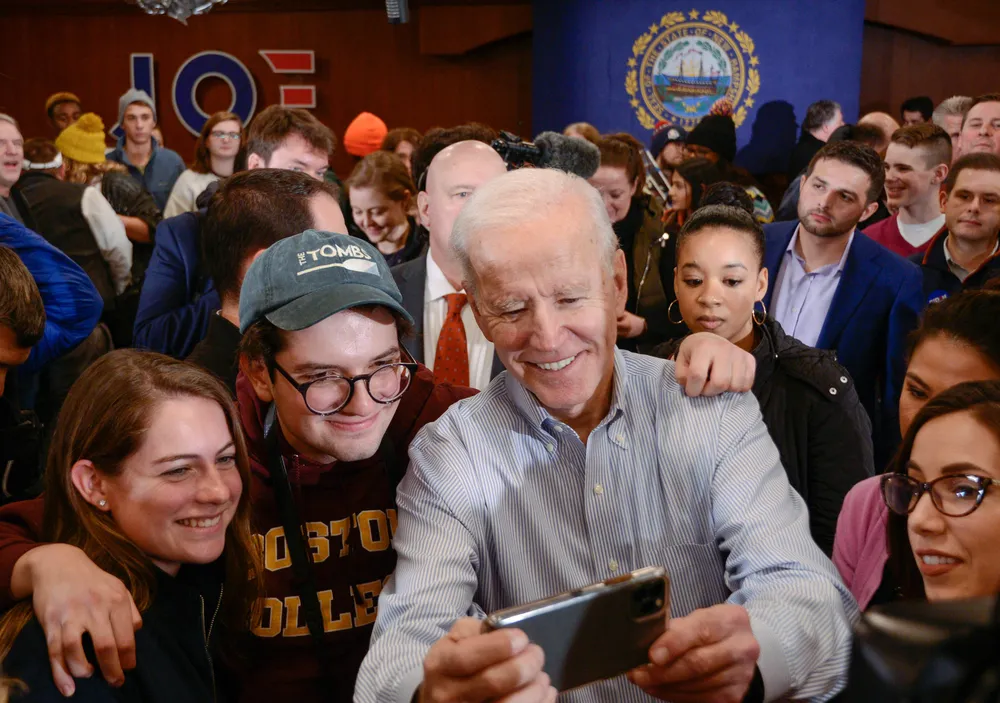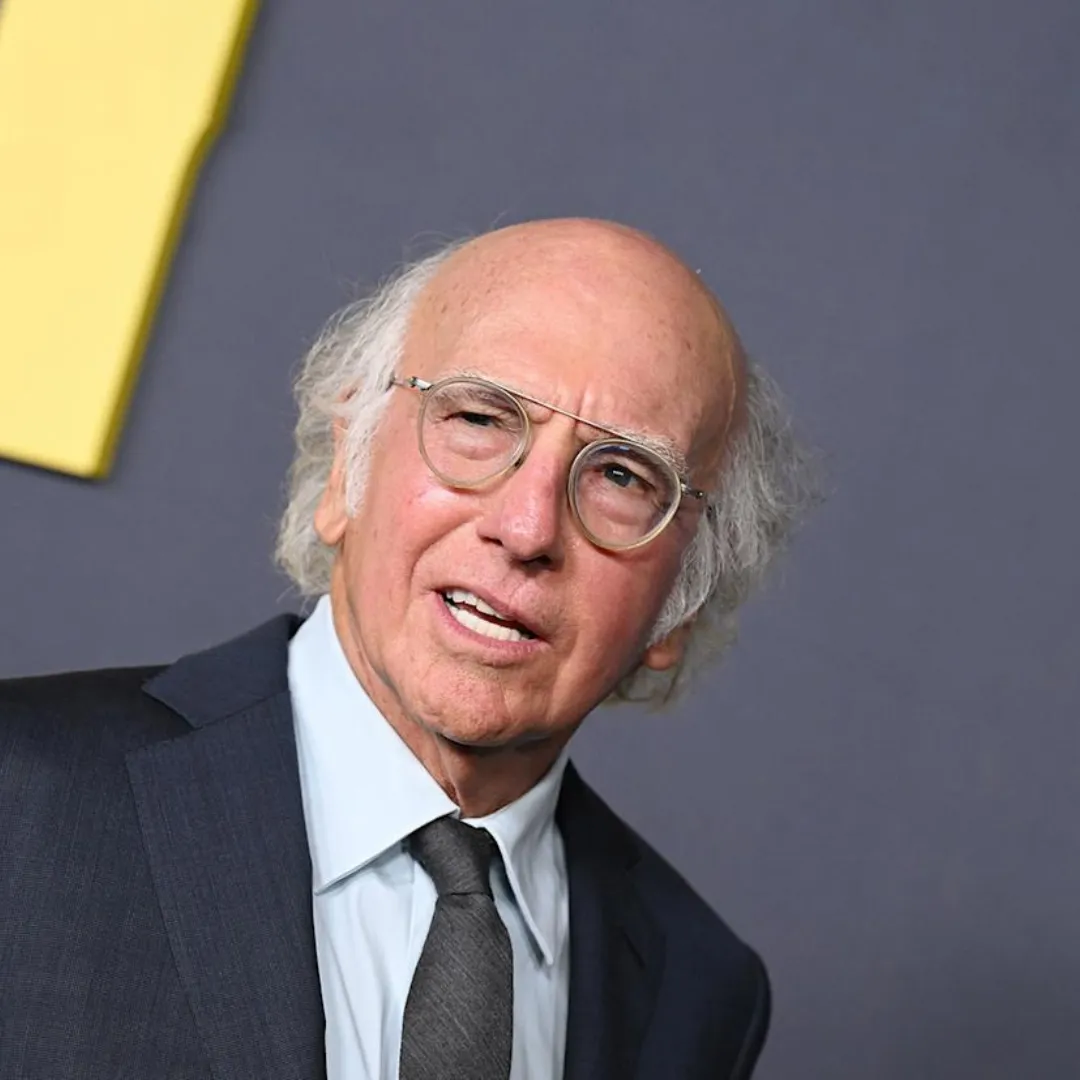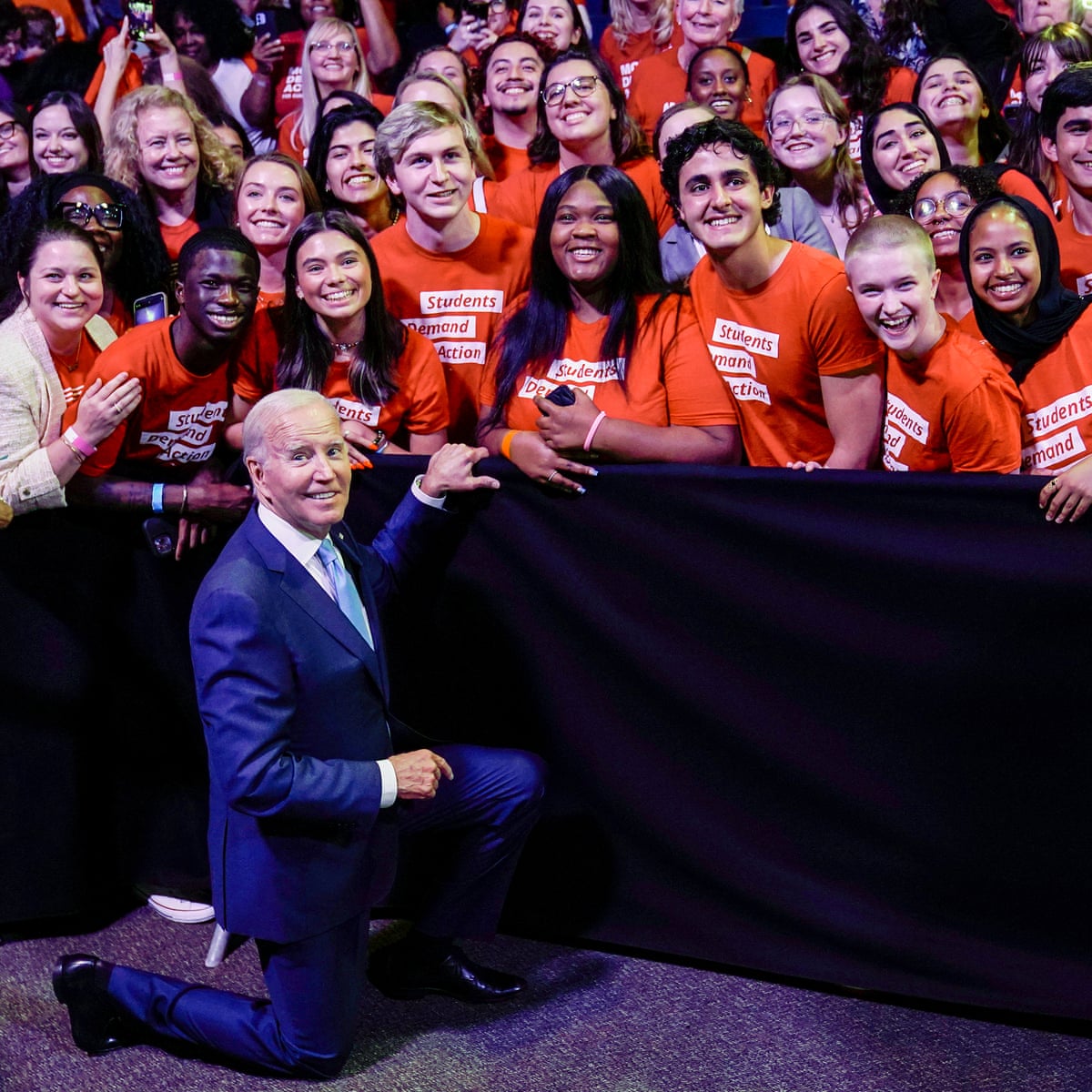
Calls for generational change within the Democratic Party have intensified significantly, signaling an urgent demand among younger constituents and activists for fresh, dynamic leadership and a recalibrated political strategy as the party approaches the pivotal 2026 midterm elections.
Spearheading this energetic movement, Democratic National Committee (DNC) Vice Chair David Hogg recently launched a substantial and ambitious $20 million campaign through his Leaders We Deserve PAC, specifically designed to challenge established Democratic incumbents in secure, strongly Democratic districts.
This strategic initiative not only aims to rejuvenate the party's ranks but seeks to better represent the lived experiences and priorities of younger Americans increasingly disillusioned with traditional party leadership.
Representative Alexandria Ocasio-Cortez (D-N.Y.) stands prominently at the forefront of this transformative effort, having galvanized grassroots support nationwide through her dynamic leadership, large-scale rallies, and targeted outreach to younger voters.
Alongside Senator Bernie Sanders (I-Vt.), Ocasio-Cortez has significantly influenced progressive political discourse, advocating forcefully for progressive values and policies that resonate deeply with younger voters.
Their combined efforts have resulted in substantial grassroots fundraising, underscoring broad-based support; Ocasio-Cortez alone raised over $9.5 million from approximately 260,000 individual contributors, with an average donation of merely $21, exemplifying widespread, grassroots enthusiasm.
Sanders, similarly, reported raising $11.5 million in just the first quarter of the year, highlighting the financial and political potency of their approach.
David Hogg’s call for active democratic engagement reflects broader discontent among young voters, who increasingly view traditional Democratic leadership as ineffective in addressing urgent societal challenges.
These frustrations notably intensified following a recent Senate vote where Minority Leader Chuck Schumer and several Democratic colleagues supported a Republican-crafted budget resolution, igniting intense speculation about potential high-profile primary challenges, including a possible contest between Schumer and Ocasio-Cortez.
Such internal tensions underscore the growing ideological divides within the Democratic Party, amplifying calls for substantial change.
Progressive Michigan Senate candidate Abdul El-Sayed emphasizes the necessity for proactive and visionary leadership, urging Democrats to actively engage the public in critical policy discussions. Figures like Sanders and Ocasio-Cortez exemplify this new approach, effectively mobilizing public support by connecting directly with voters on substantive issues rather than mere political procedures.
Young voters, while increasingly disapproving of former President Trump's policies, have also expressed significant dissatisfaction with Democratic leadership, reflected in persistently low approval ratings among voters under 35, demonstrating a critical need for transformative leadership.
This dissatisfaction has spurred an unprecedented wave of younger, progressive candidates stepping forward to challenge long-serving incumbents. Prominently, former Speaker Nancy Pelosi faces a determined challenge from Saikat Chakrabarti, a seasoned progressive strategist closely aligned with Sanders and Ocasio-Cortez.
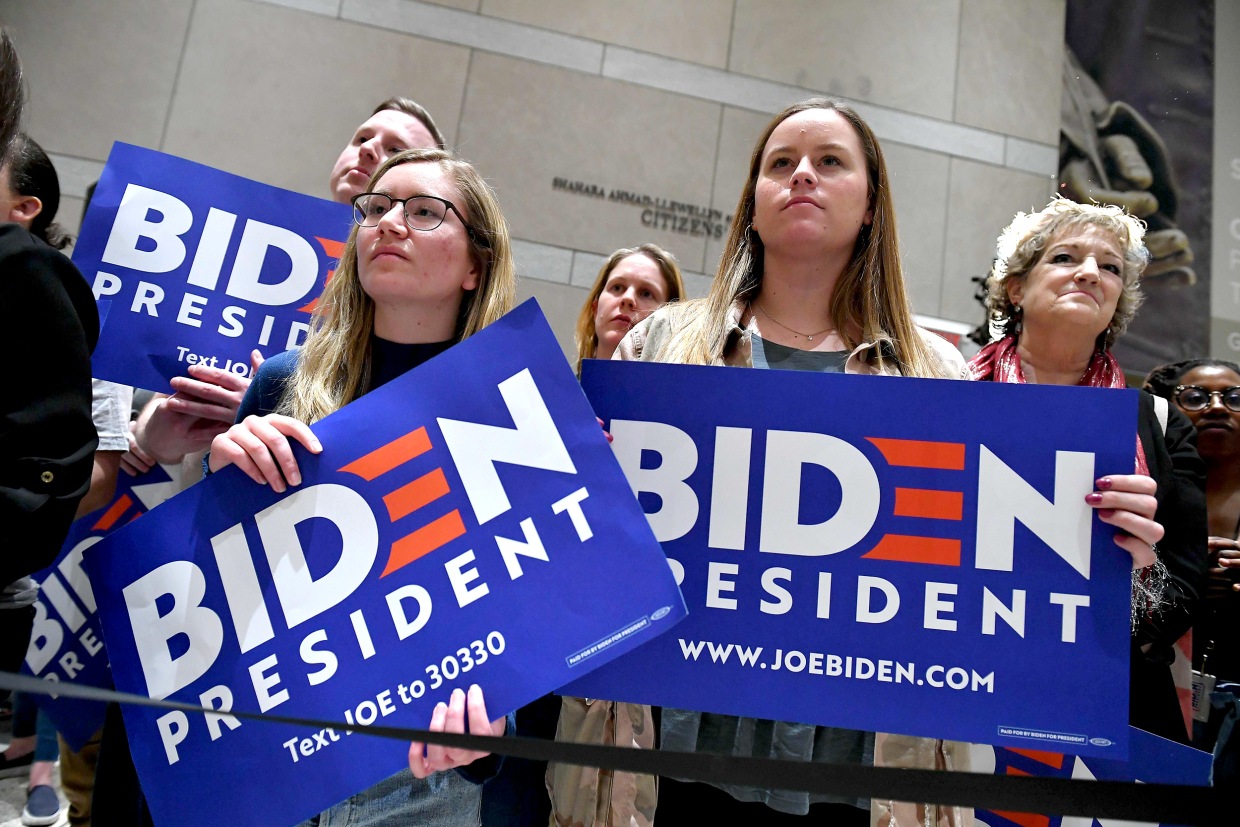
While expressing respect for Pelosi’s extensive public service, Chakrabarti strongly emphasizes the necessity for leadership that aligns more closely with contemporary realities vastly different from those encountered by Pelosi decades ago.
Similarly, in California, Representative Brad Sherman faces competition from his former aide, Jake Rakov, who underscores the essential need for generationally relevant perspectives to address current socio-economic and political issues effectively.
In Illinois, the youthful social media influencer Kat Abughazaleh, aged 26, boldly challenges veteran Congresswoman Jan Schakowsky, emphasizing stark disparities in lived experiences between traditional lawmakers and the average American, particularly regarding urgent concerns such as healthcare affordability, housing crises, and safety in educational settings.
Abughazaleh compellingly argues for representatives who genuinely understand the day-to-day realities of younger constituents, citing substantial gaps in life experiences between current legislators and younger generations.
Highlighting urgent socio-economic issues, Abughazaleh notes that many current representatives are disconnected from daily struggles such as healthcare costs, rising rents, and education-related anxieties, including pervasive fears around gun violence in schools, thus failing to address adequately these critical voter concerns.
Abughazaleh also emphasizes proactive and empathetic political engagement as demonstrated by Senator Chris Van Hollen’s recent efforts to address unjust deportation cases directly. She insists such direct, compassionate action should typify Democratic responses, contrasting sharply with prevailing hesitations and indecision among traditional party leaders.
Her criticism underscores a broader demand from younger voters for decisive, visible action addressing societal injustices and challenges, rather than prolonged and often ineffectual political deliberations.
Veteran Democratic pollster Celinda Lake observes a significant appetite among voters for bold and assertive candidates willing to challenge entrenched norms and power structures. Lake notes that declining voter turnout among younger demographics directly correlates with frustrations surrounding traditional politics, reinforcing the necessity for relatable, dynamic candidates who can galvanize youth voter engagement through clear, compelling advocacy.
Historical electoral trends support Lake’s assertions, with significant declines in youth voter turnout between the 2020 and 2024 elections. These statistics starkly demonstrate the critical importance of candidates who authentically address young voters' priorities, emphasizing genuine, experiential understanding of pressing socio-economic challenges.
Amanda Litman, co-founder of Run for Something, an organization dedicated to recruiting and supporting younger political candidates, highlights the growing enthusiasm for generational change within Democratic ranks. Her organization has witnessed a marked surge in young individuals interested in running for office, reflecting substantial grassroots enthusiasm for political renewal.
Litman stresses the importance of vibrant, competitive primaries as essential democratic mechanisms for renewing political representation and ensuring policy innovation within the party.
Political analyst Rachel Janfaza further notes younger voters' clear preference for candidates embodying their lived experiences, emphasizing authenticity, and practical problem-solving abilities over conventional political considerations such as age or partisan alignment.
Janfaza observes younger candidates increasingly stepping forward, driven by personal experiences shaped by persistent economic uncertainty, repeated crises, and mounting political disillusionment.
Despite enthusiasm for fresh leadership, concerns remain among some Democrats regarding potential internal divisions and resource allocation issues arising from aggressive primary challenges. David Hogg, addressing these concerns, clarifies that his organization's primary efforts specifically target secure Democratic districts rather than frontline electoral battlegrounds, aiming to enhance rather than undermine overall party strength.
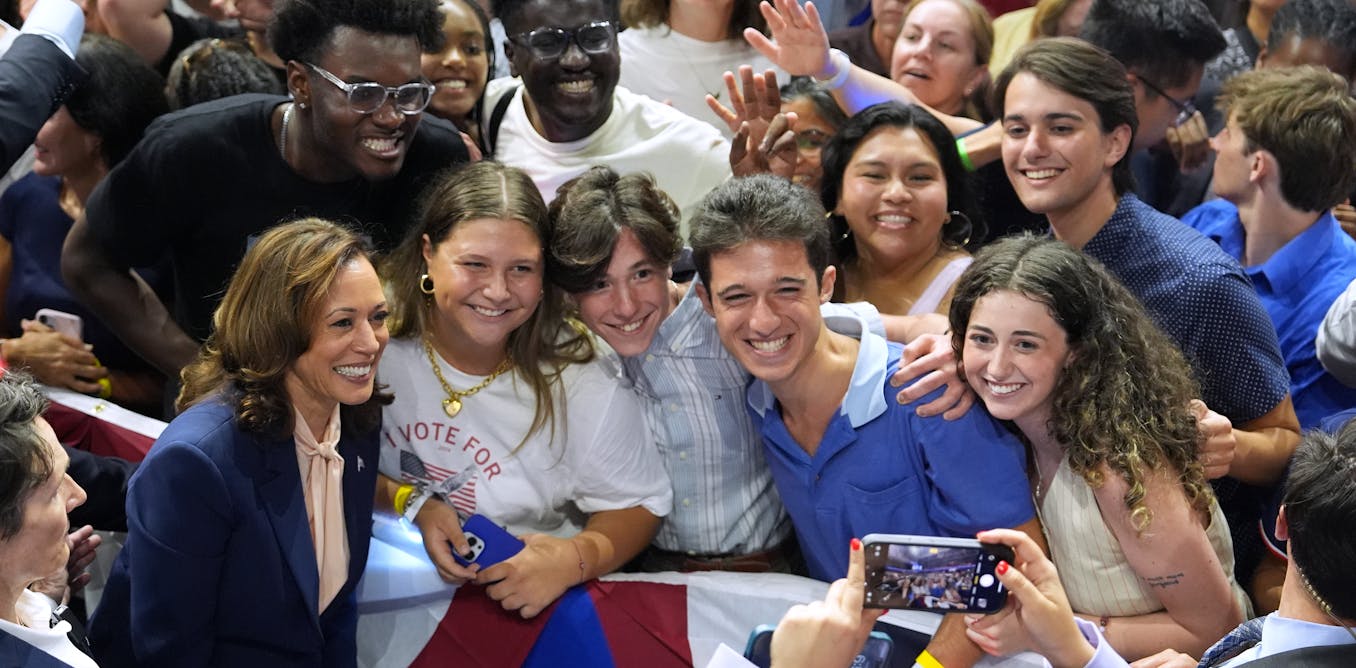
This vibrant generational shift represents a crucial moment for introspection within the Democratic Party, challenging established political traditions and compelling substantive reconsiderations of electoral strategies and leadership models.
As young, progressive candidates articulate compelling visions for America's future, they represent an essential shift towards inclusivity, relevance, and effective representation, fundamentally reshaping the Democratic Party to better mirror contemporary societal dynamics and aspirations.
The growing push for generational change signifies more than merely an electoral strategy; it represents a profound reimagining of political representation in America. Younger Democratic leaders, leveraging authentic connections and experiential insights, advocate policies genuinely reflective of the lived realities faced by modern voters, particularly younger generations navigating unprecedented socio-economic challenges.
Ultimately, this dynamic generational shift promises to redefine the Democratic Party's identity, ensuring its continued relevance and effectiveness in addressing contemporary America's critical challenges.
